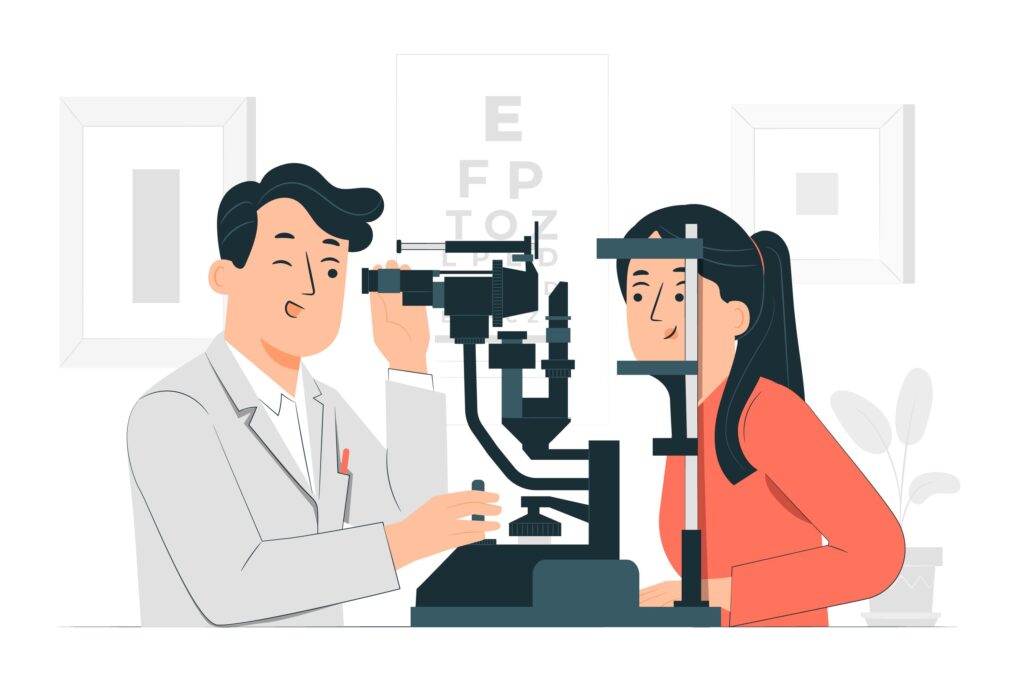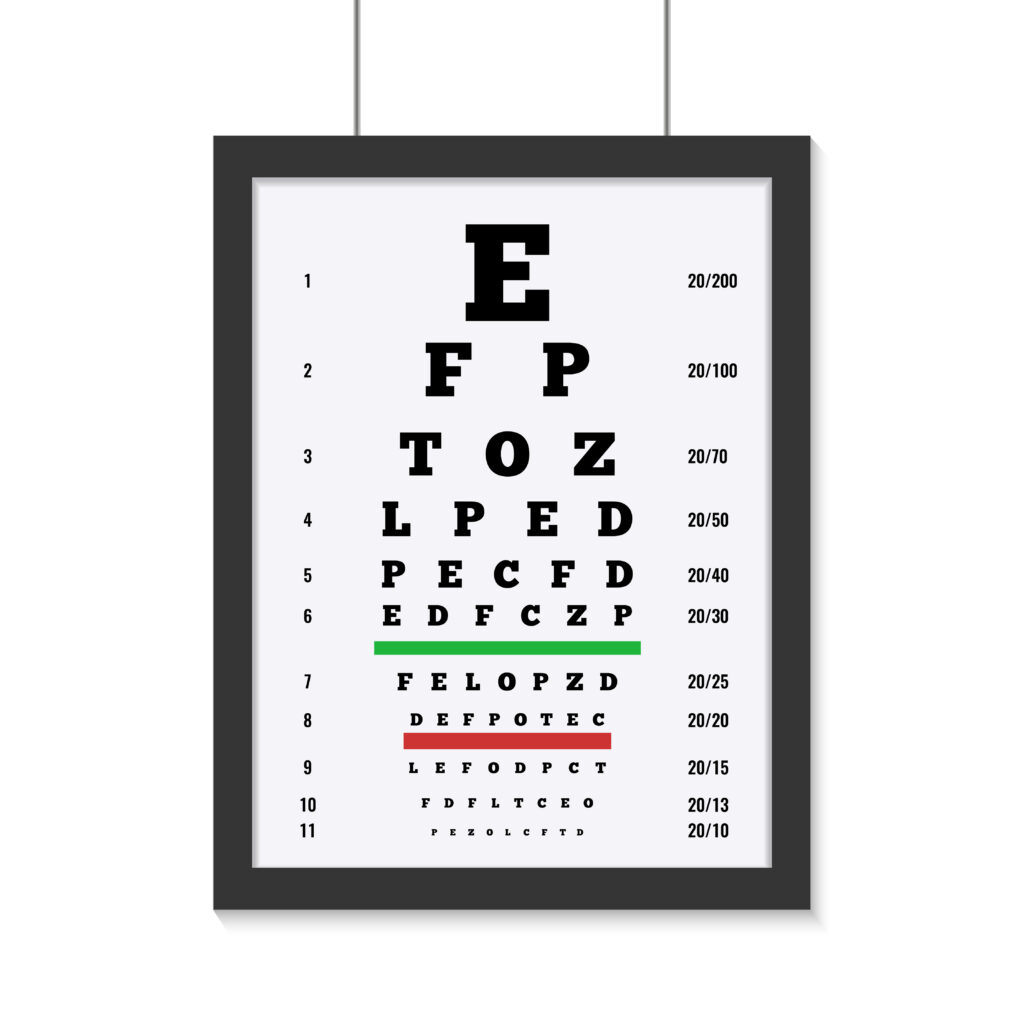Sight is one of our most precious senses and it is important to make sure our sight is sharp and healthy. One way to take care of it is to have regular sight tests.
Sight tests are essential for detecting and monitoring a variety of eye conditions, including:
- Refractive errors. These are the most common eye problems, and they include short-sightedness (myopia), long-sightedness (hyperopia), and astigmatism. Refractive errors can be corrected with glasses, contact lenses, or surgery.
- Eye diseases, such as glaucoma, cataracts, and macular degeneration. These diseases can lead to serious sight loss if not treated early.
- Other health conditions, such as diabetes and high blood pressure.
How often should you get tested for eye acuity?
Most adults should get tested for eye acuity every two years. However, you may need to get tested more often if you have any of the following risk factors:
- Over the age of 40
- Have a family history of eye diseases
- Have diabetes or high blood pressure
- Take certain medications that can affect your vision
- Have experienced any changes in your vision
What happens during a sight acuity test?
During an eye acuity test, you will be asked to sit in front of a chart with letters or symbols of different sizes. You will then be asked to cover one eye and read the smallest letters or symbols that you can see with the other eye. The process will then be repeated with the other eye.
Your eye doctor will use the results of your eye acuity test to determine your prescription for glasses or contact lenses, if necessary. They will also use the results to monitor your vision over time and detect any changes.
Most student plans do not include coverage for sight acuity tests, eyeglasses, or contact lens prescriptions. That is why we have made a plan available that you can use if you want to have supplementary vision coverage while you are residing in the U.S.
The Ameritas Vision plan includes the following benefits:
- Annual eye exam
- Coverage for eyeglass lenses and frames
- Coverage for contact lenses
- Lens options and coatings including anti-reflective and UV protection
- Lenses coverage include single vision, bifocals, trifocals, and lenticular
You can review the plan and apply for it here: https://www.internationalstudentinsurance.com/dental-vision-insurance/
Making sure your sight is healthy is fundamental for your daily life activities and you would want to have the right coverage if you are looking to get eyeglasses or contact lenses. Our customer service team can always be contacted if you have any questions.

